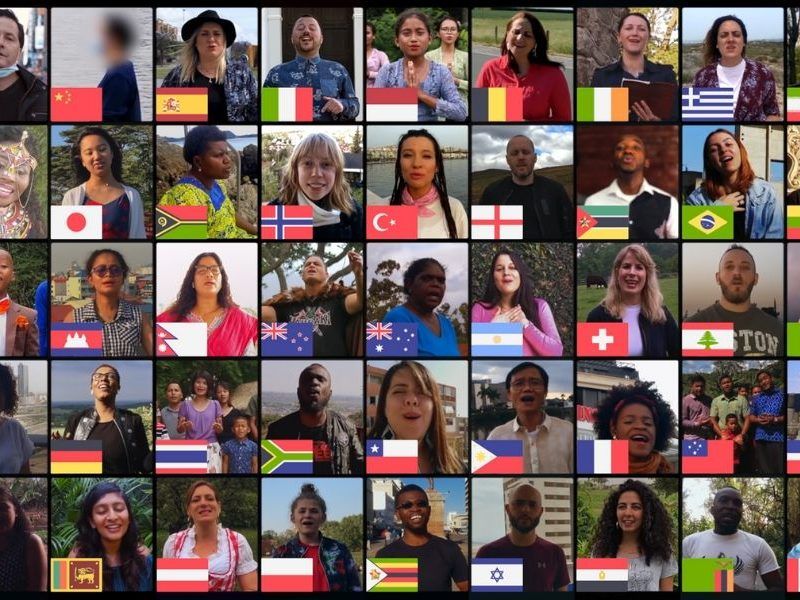
Riots in the USA over Black Lives Matter; a strident social media backlash in the UK – surely the dynamics driving this ugly clash aren’t present in churches committed to global mission? Or could we just be blind to them? asks Tim McMahon
The UK churches I visit as a Serving in Mission member are all committed to global mission. They exuberantly preach a gospel that proclaims salvation for people of all nations. They seek to practise ‘every member ministry’ and celebrate diversity of gifts.
Until very recently, such churches typically considered themselves to be inclusive, and church leaders often described themselves as ‘colour-blind’ to race. However, recent public expressions of passionate anger give voice to deep divisions present in our society and we’re beginning to ask, whether churches unwittingly contribute to these divisions.
One thing that’s clear is that the ethnic and socio-economic make-up of mission-supporting churches – even those in multicultural cities – is overwhelmingly monocultural. Why in practice, are Bible-believing, gospel-proclaiming churches in the UK far from diverse?
SIM UK’s research designed to map intercultural ministry in the UK has shed light on the characteristics of ministries that break the mono-cultural mould.
Christian communities that engage people from many different cultures say inclusiveness is the most important factor contributing to their ‘success’. However, real inclusiveness means more than just being welcoming and friendly. It requires significant investment, personal sacrifice, and courageous leadership.
Churches with growing intercultural communities intentionally invest in the lives of people in the different cultural groups around them. They ensure their activities and meetings are accessible and visible to local ethnic minorities by providing signs in multiple languages. They don’t just teach their membership about the cultures of the communities they seek to reach; they encourage them to share in, and learn from, others’ cultures.

Members from different cultural groupings need to be visible and active in the leadership of a ministry. They need to have a real voice, affecting how disciple-making and training-up of church members is done. This needs to take account of the cultural context and communities within which the church resides.
Why in practice, are Bible-believing, gospel-proclaiming churches in the UK far from diverse?
The leaders of genuinely intercultural churches lead by example. Not necessarily by being adept at cross-cultural work, but by being willing to go out of their comfort zone to deeply engage in the lives of those from different cultural backgrounds around them.
A willingness to be vulnerable – even to embrace weakness – is key. When people from a majority culture do this, they’re often surprised to find that they’re extended huge latitude by the minority groups they seek to serve. Repeated cultural faux pas are forgiven and genuine effort to humbly serve those who are obviously different is met with openness and interest. The gospel makes its way into communities previously considered ‘closed’.

God loves to turn human order on its head. His power is revealed through his people’s weakness. When we’re willing to sacrifice ourselves for the sake of others, we find life and build joyful relationships.
When we’re willing to humble ourselves and learn from other cultures, we find those from other cultures are willing to listen to what we have to say – the gospel gains a hearing. After initial discomfort, we experience profound belonging when we embrace those from cultures very different to our own.
Please pray
- Thank God for the gospel and its servant by which he forms a glorious heavenly gathering around Christ by people from every tribe, nation and tongue.
- For our church communities to be transformed by the gospel of Jesus, to become aware of our ‘cultural blindness’, and to commit to learning from and even celebrating the cultures of other communities around us.
- That cross-cultural missionary training will help workers share the good news of Jesus throughout the world.